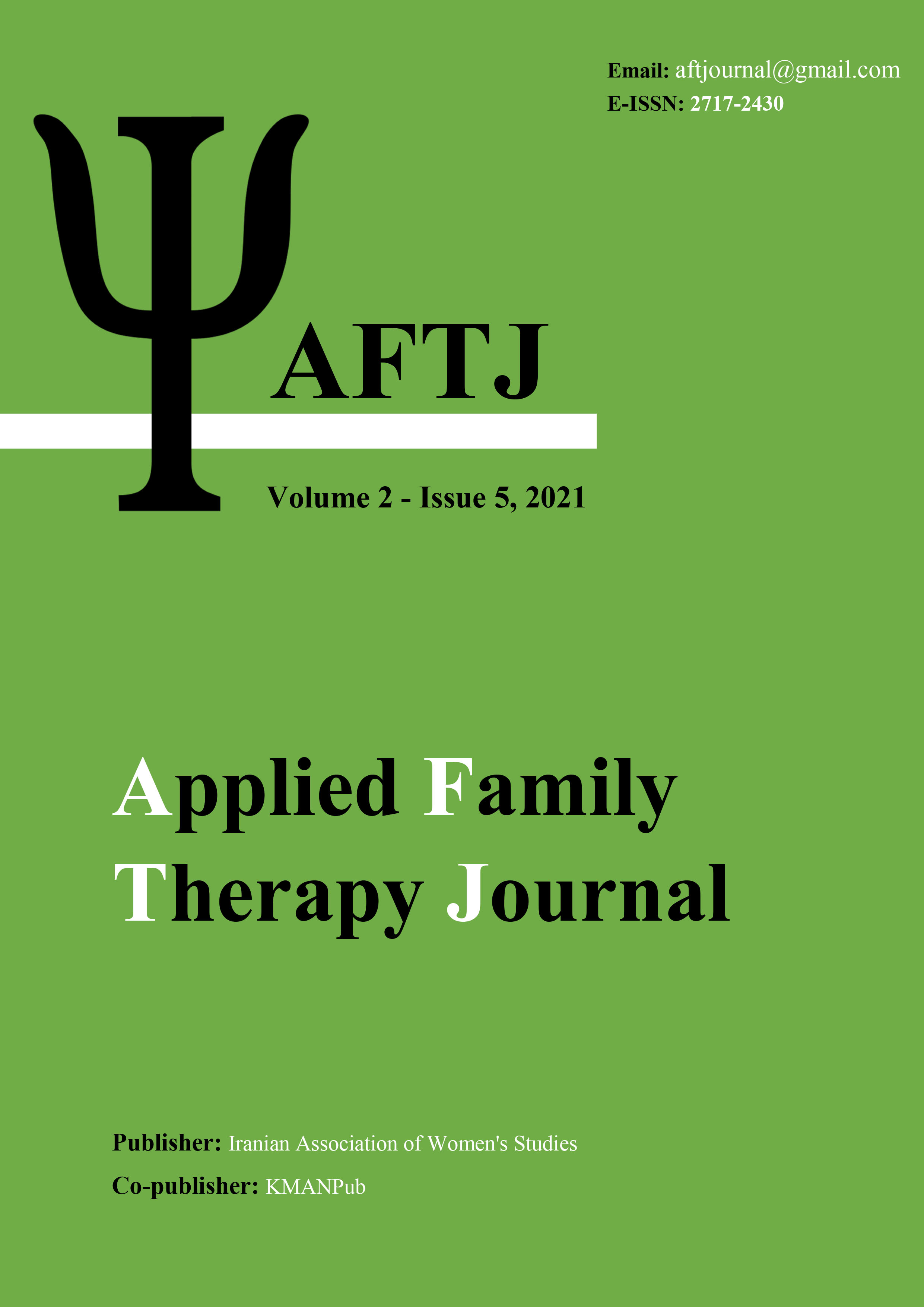Comparison of the effectiveness of emotion-based therapy and acceptance-based therapy on disaster perception and mental well-being in people recovering from Covid-19 disease
Keywords:
Emotion, Acceptance and Commitment, Disaster Management, Mental Well-Being, Covid-19Abstract
Aim: The aim of this study was to compare the effectiveness of emotion-based therapy and therapy based on acceptance and commitment on disaster and mental well-being in people recovering from Covid-19 disease. Methods: The research was a quasi-experimental study of three groups (two experimental groups and one control group) with three stages (pre-test, post-test and quarterly follow-up). The statistical population included all those recovered from Covid-19 disease who were discharged from Imam Reza (AS) Hospital in Mashhad in the first three months of 2021. From this population, 45 people were selected by purposive sampling method based on purpose and using the inclusion criteria and were randomly assigned to three groups of 15 people (Experiment 1, Experiment 2 and Witness). Training group (1) received ten 90-minute sessions of emotion-based therapy and training group (2) received eight 90-minute sessions of acceptance-based therapy, while the training group did not receive a training certificate. The research instruments included Sullivan (2009) Disaster Questionnaire and Keys and Magyarmo (2003) Mental Well-Being Questionnaire. Data analysis method was performed using mixed measurement analysis of variance using spss22 software. Results: The results showed that the mean scores of disaster and mental well-being in the experimental groups compared to the control group in the post-test phase was significantly different (P <0.001). These results remained stable in the follow-up phase. The results also showed that no significant difference was found between the effectiveness of the two groups of emotion-based therapy and therapy based on acceptance and commitment. Conclusion: It can be concluded that emotion-based therapy and therapy based on acceptance and commitment can be considered as effective intervention methods in reducing disaster and promoting mental well-being in people recovering from Covid-19 disease.
Downloads
Downloads
Published
Issue
Section
License

This work is licensed under a Creative Commons Attribution-NonCommercial 4.0 International License.





















